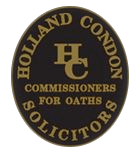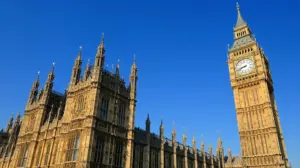Magna Carta = The great charter
The Magna Carta’s symbolic role as the touchstone for human rights and modern democracy was celebrated on Monday 15th June by one of Britain’s leading judges as the country marked the 800th anniversary of the accord.
The master of the rolls and chairman of the Magna Carta Trust, spoke on the site at Runnymede where, eight centuries to the day, King John accepted the feudal barons’ document that limited the power of the crown.
Joined by the Queen, prime minister Mr.cameron, the Archbishop of Canterbury, senior royals and an audience of thousands – including senior American lawyers – Lord Dyson described the ground-breaking accord as “a symbol of democracy, justice, human rights and perhaps above all the rule of law for the whole world”.
The prime minister said its principle was “as relevant today as it was then” and remains “sewn into the fabric of our nation, so deep we barely even question it” but complained that the notion of human rights in Britain eight centuries on had been “distorted and devalued”.
Lord Dyson said about King John and the barons: “They would surely have been astonished to learn that over time Magna Carta came to be regarded as one of the most important constitutional documents in our history and that it continues to be so regarded 800 years after it was sealed on this very spot.
“They would not have believed that the barons’ list of demands would become a symbol of democracy, justice, human rights and perhaps above all the rule of law for the whole world. But that is exactly what has happened.”
Although the Magna Carta remained binding on King John for only a number of weeks, it set a precedent, and its influence spread not just domestically but also abroad, having an impact on the US constitution and the Bill of Rights, and the post-second World War UN Universal Declaration of Human Rights.
Magna Carta’s fame has spread across the globe, but the first country outside England to receive Magna Carta was Ireland, when in February 1217 Magna Carta was sent to Ireland, where it became the cornerstone of the English common law tradition in Ireland that still survives.
For centuries, not everyone in Ireland benefited from Magna Carta. The legal protections conferred by the charter were primarily for the English settlers and were not normally extended to the Irish population.
essentially, the Magna Carta is credited with being the first effective check in writing on arbitrary, oppressive and unjust rule – in a word, on tyranny.




